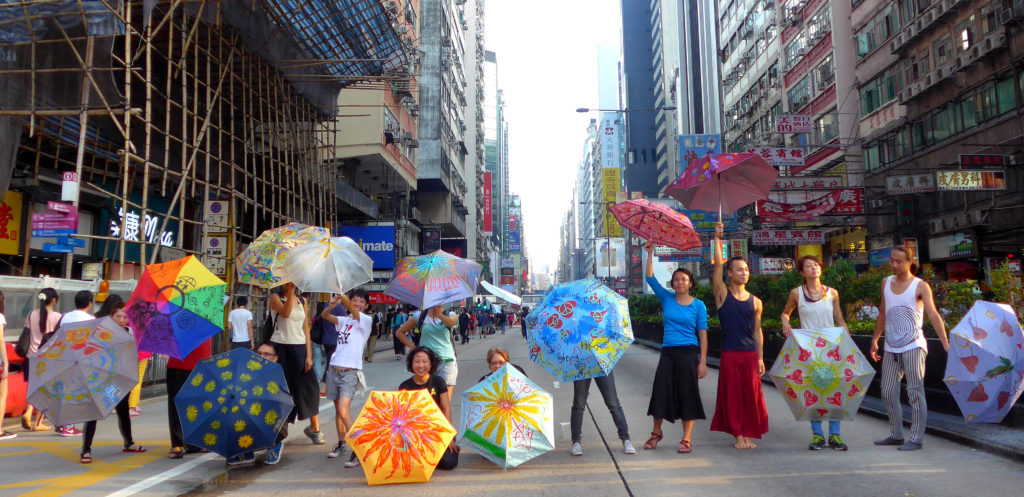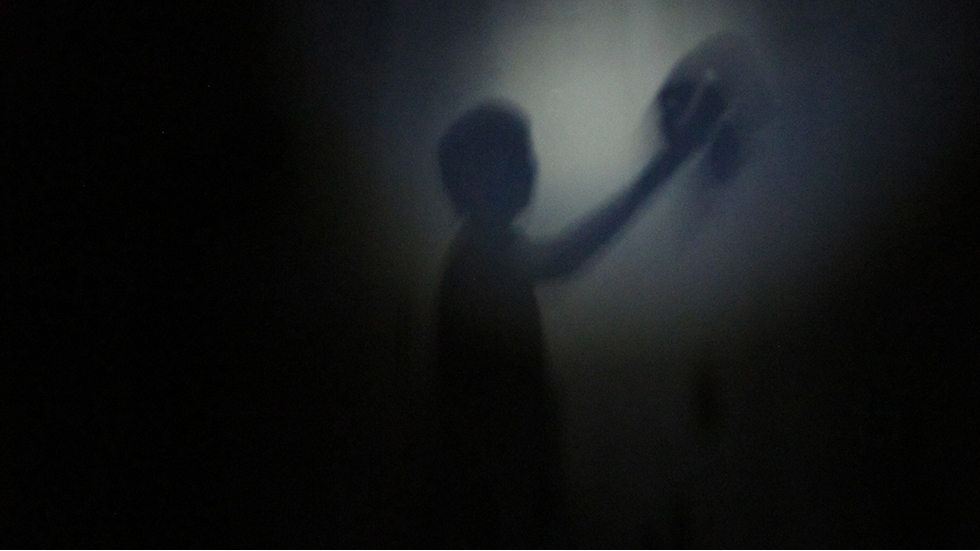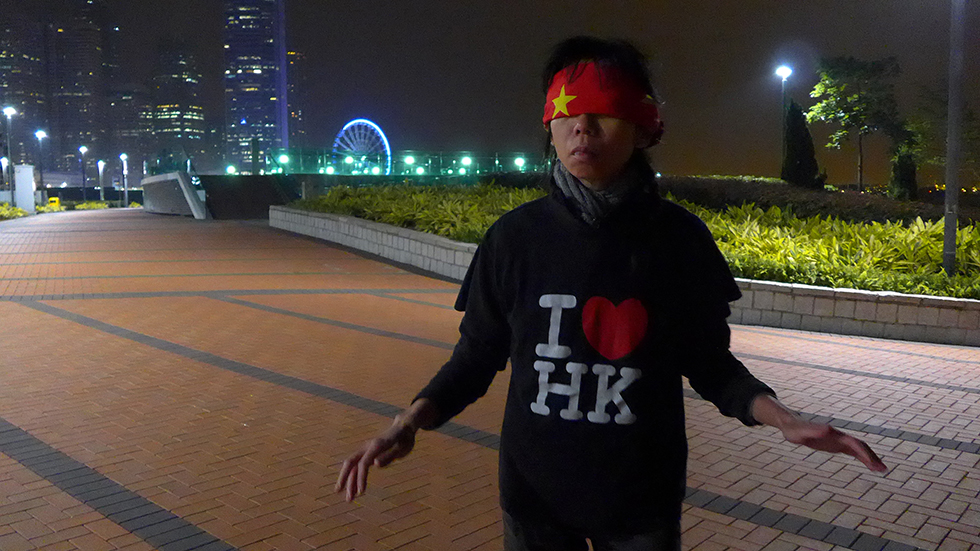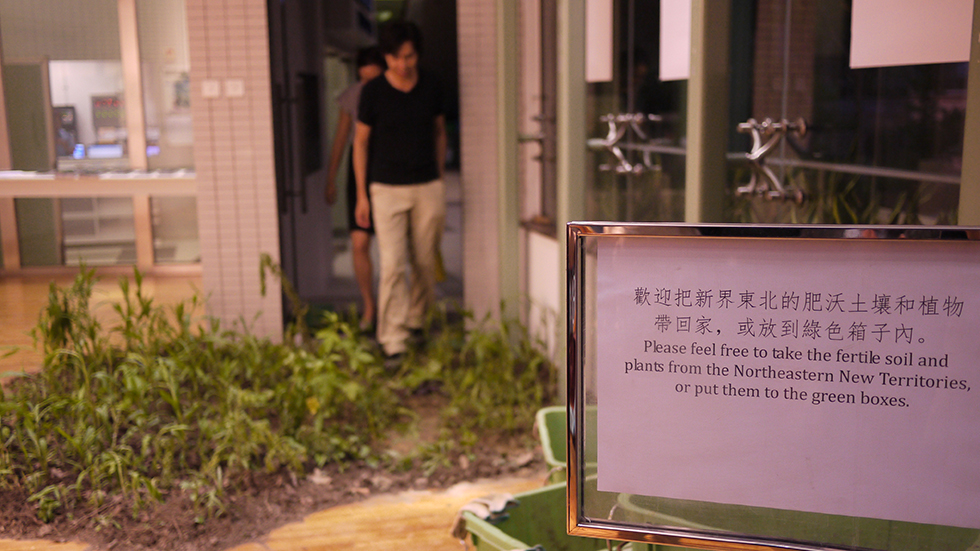
The notion of performativity has often been deployed in examining the social and discursive construction of identity through embodied (re)enactment (with Judith Butler’s theory of gender performativity a notable example). Focus on the performativity of our own practices allows us to scrutinise and anticipate the development of protest repertoires in artists’ cultural activism—in turn enabling us to reflect more critically upon the ‘constructedness’ of these repertoires. While cultural activism involves tactics of performing resistance and dissidence, it also involves a series of critical acts of transferring knowledge and cultural memories via ephemeral yet resilient embodied actions—even (or perhaps especially) in politically challenging times like these.

The full article was commissioned by Asia Art Archive and published on their website as part of their Shortlists. Shortlists offer thematic selections from AAA’s Collection, including overviews and annotations by invited contributors.


